Research Projects
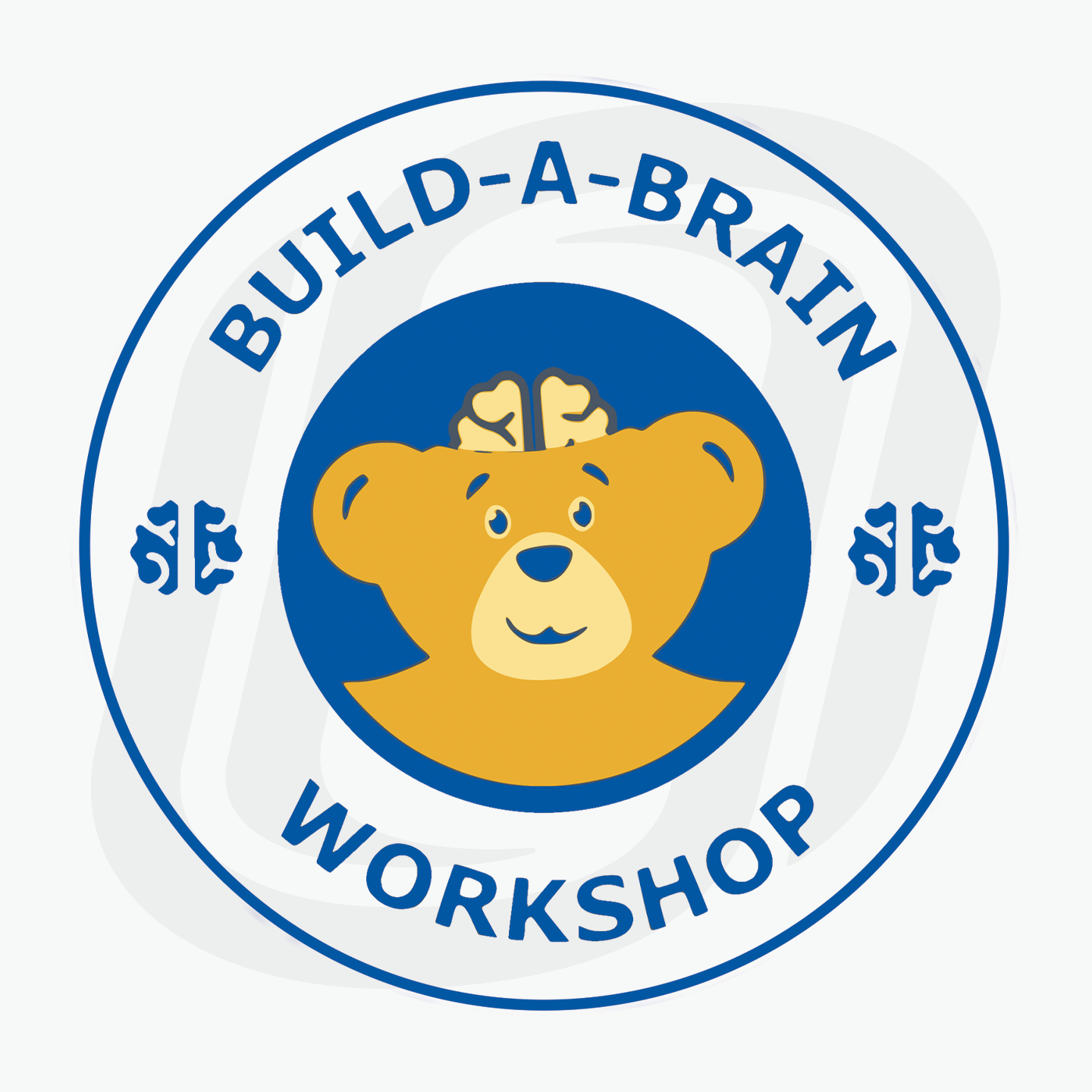
Build-a-Brain Workshop: Building Better Robot Brains
The main objective of this work is to improve machine intelligence which has applications in robotic survival, automated creative design, and management of complex systems like farms.

Robotics, Networking and Artificial intelligence (R.N.A.) Lab
RNA LAB Encompasses three areas: Cyber-Physical Systems, Networking and Computer Vision. The team vision is to explore innovative computing, networking, and machine learning...
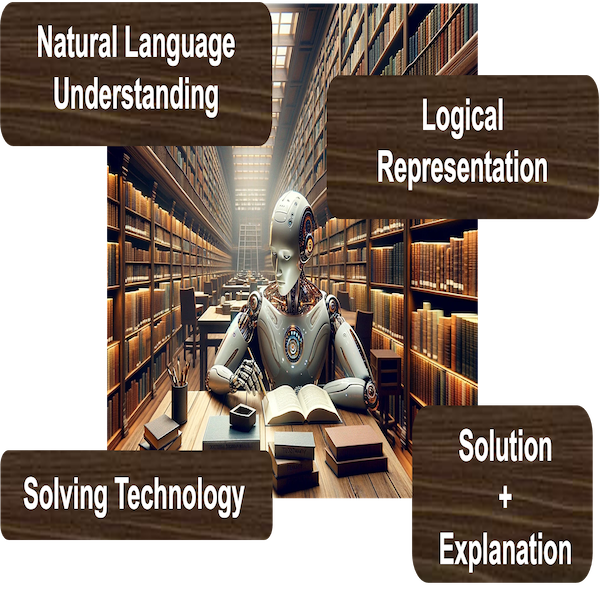
Knowledge Representation Techniques and Reasoning
Knowledge Representation and Reasoning (KR) is subfield of Artificial Intelligence (AI) where a fundamental assumption is that an agent's knowledge is explicitly represented in a declarative form, suitable for processing by dedicated reasoning engines.
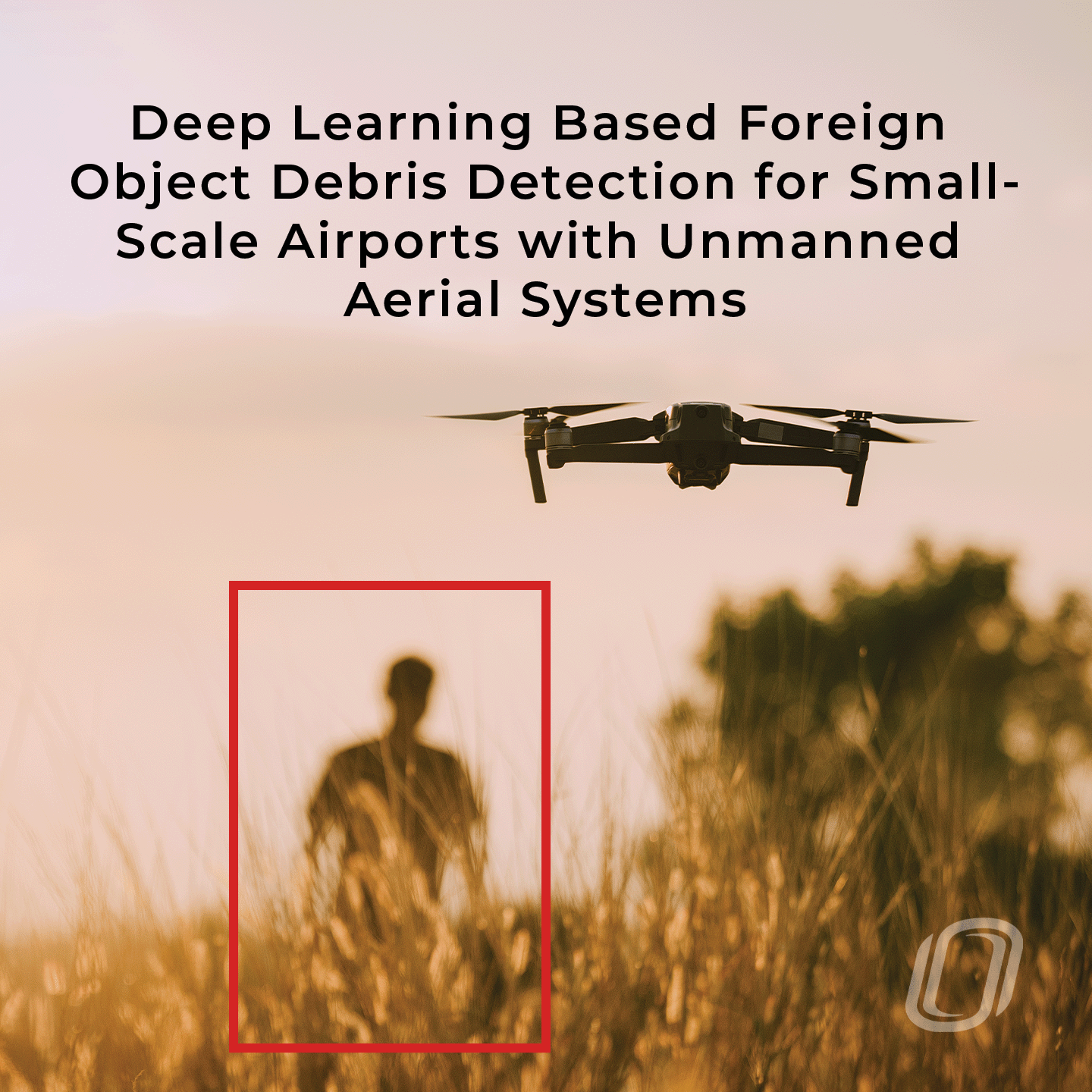
Deep Learning-based Foreign Object Debris Detection

Deep Weakly Supervised Learning
Labeling an image as a whole is much easier than labeling each object/segment inside the image. However, supervised learning can only learn from training data with exact labels. Hence, weakly supervised learning, more concretely, inexact supervision where the training data...
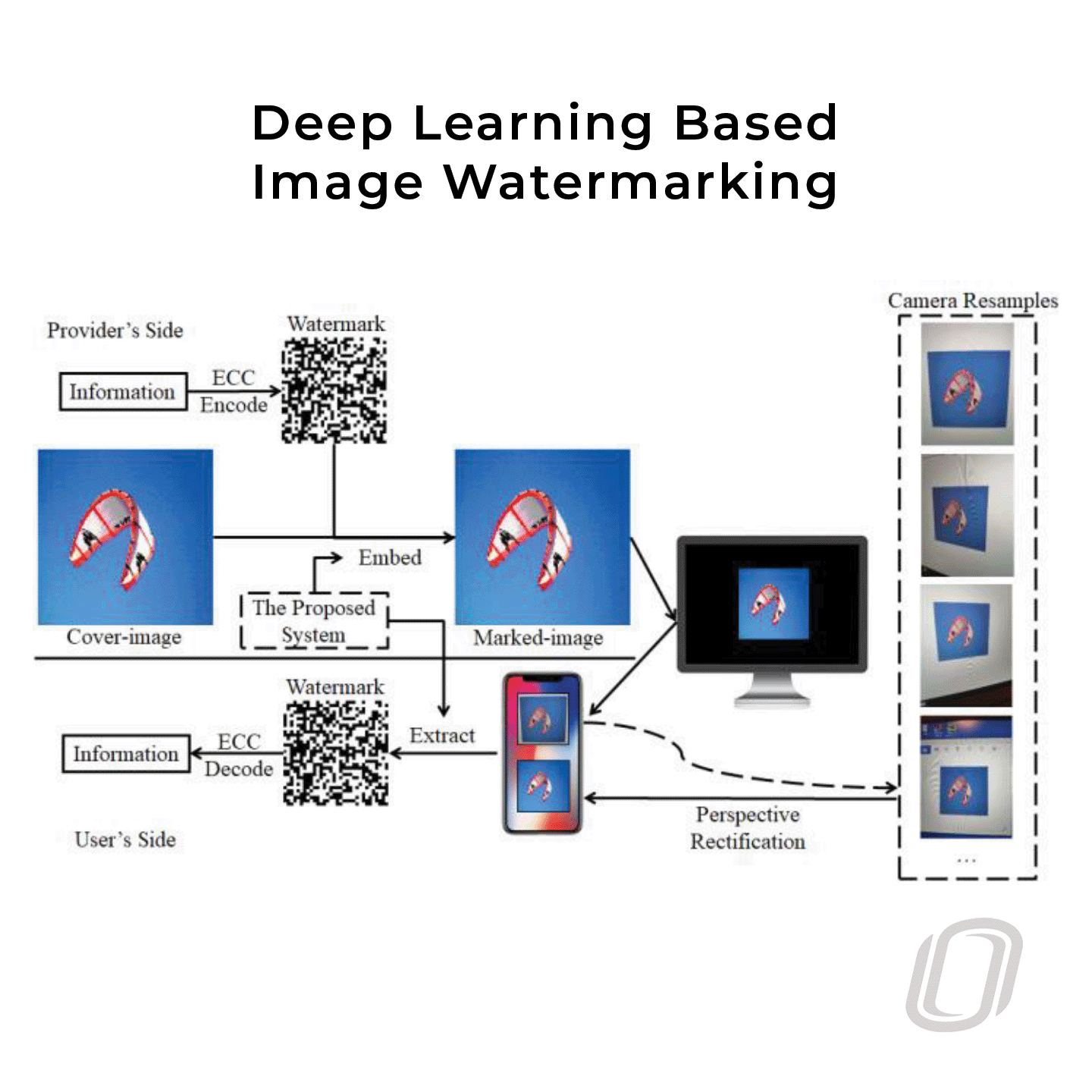
Deep Learning Based Image Watermarking
Image watermarking refers to covertly embedding information (e.g., a watermark) into a cover image. By designing deep learning methods such as specialized training schemes and novel layers, this project aims at adaptivity and robustness for image watermarking. One typical...
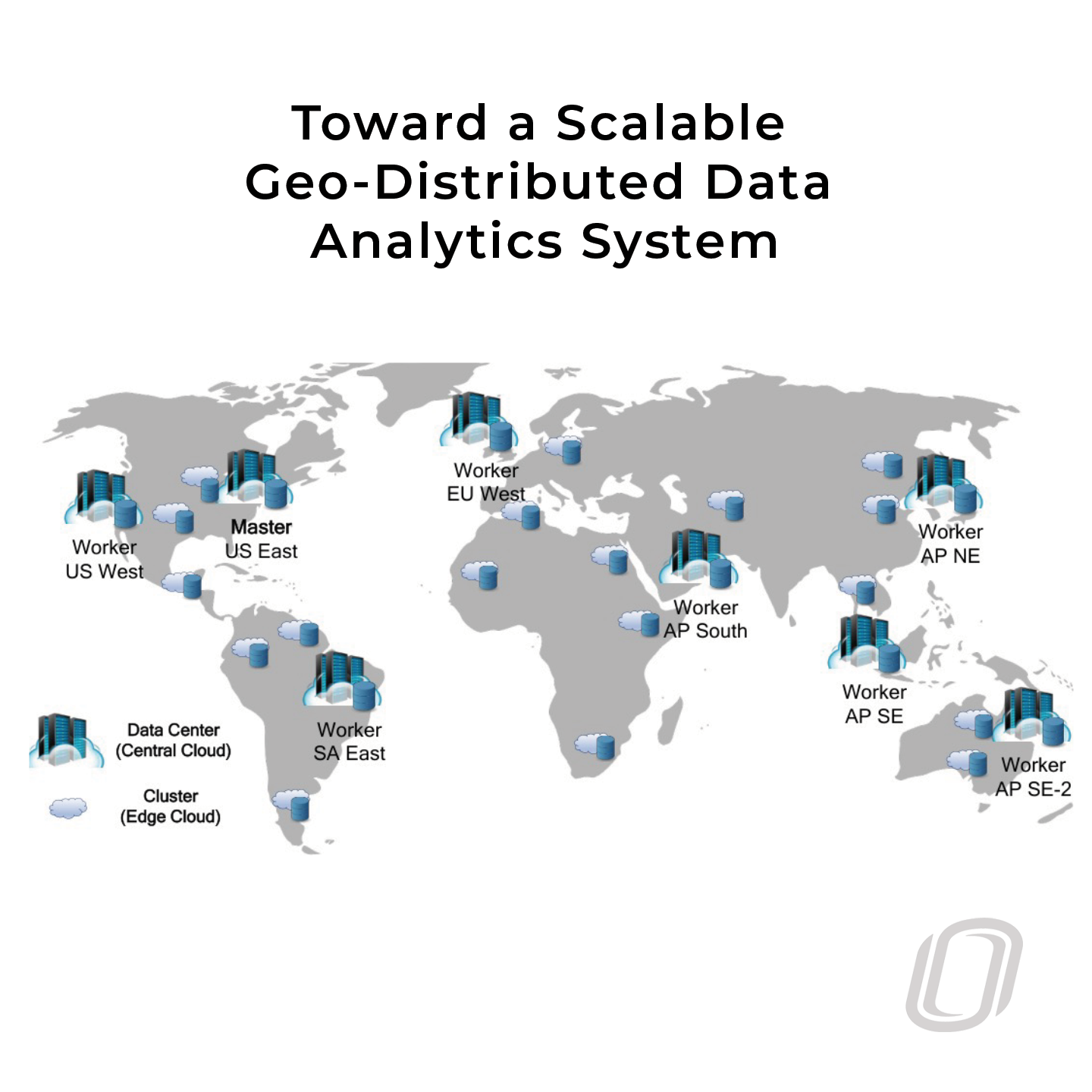
Toward a Scalable Geo-distributed Data Analytics System
Analyzing highly diffused large-scale data, i.e., geo-distributed data analytics (GDA), in a timely and cost($)-efficient manner, is one of the most important workloads for many internet applications. This project aims to design and implement a new and...
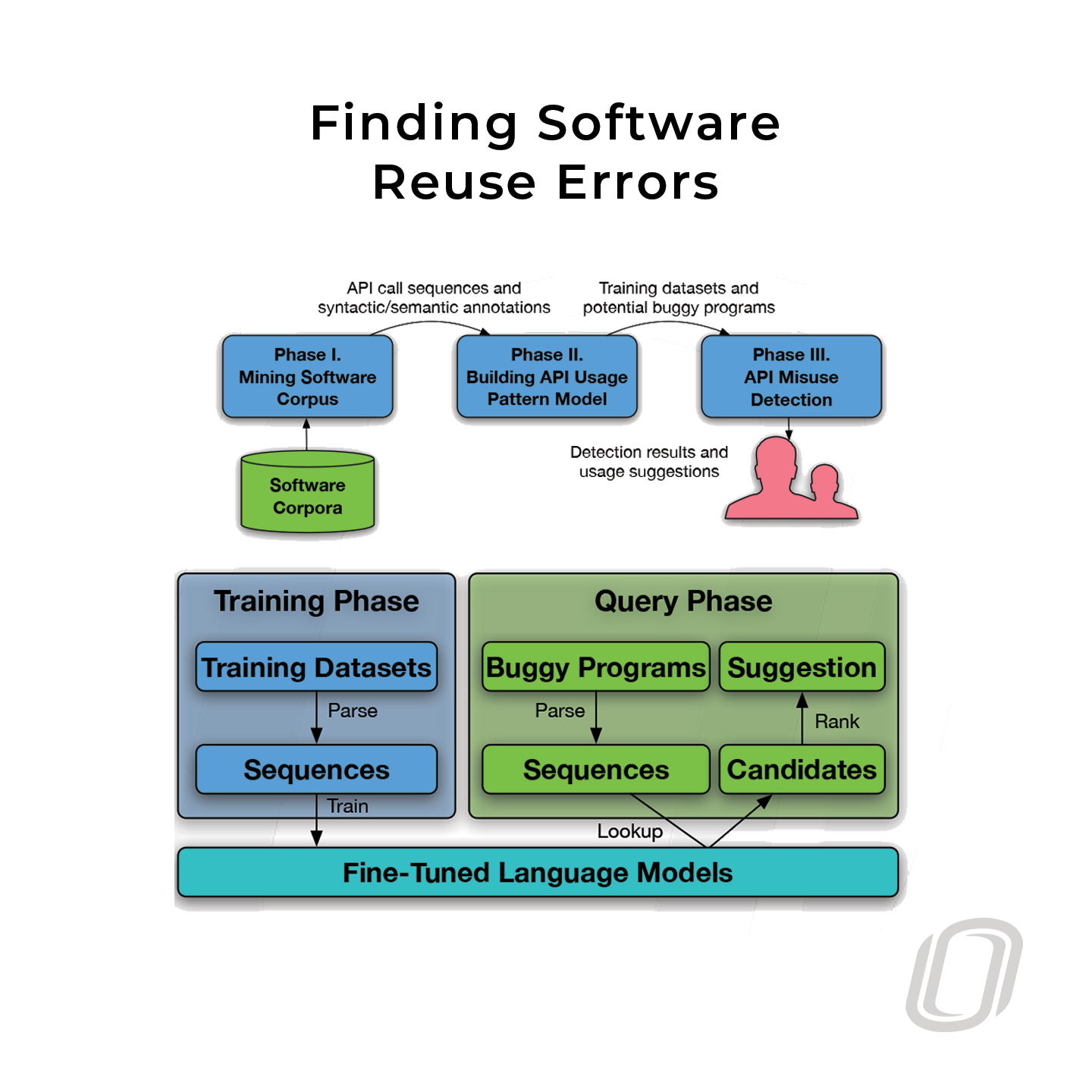
Finding Software Reuse Errors
Our concrete goal is to
- Explore the abundance of predictable repetitive regularities of a massive codebase.
- Develop a machine learning approach for training a model to identify common patterns in software corpora.
- Use these patterns to...

Maintaining Complex Changes to Support Quality Assurance
Code review and regression testing are important practices in software maintenance. However, it is not easy to use existing tools to inspect related changes that interfere with other changes. To address these problems, we have presented a novel approach to automation of change decomposition...
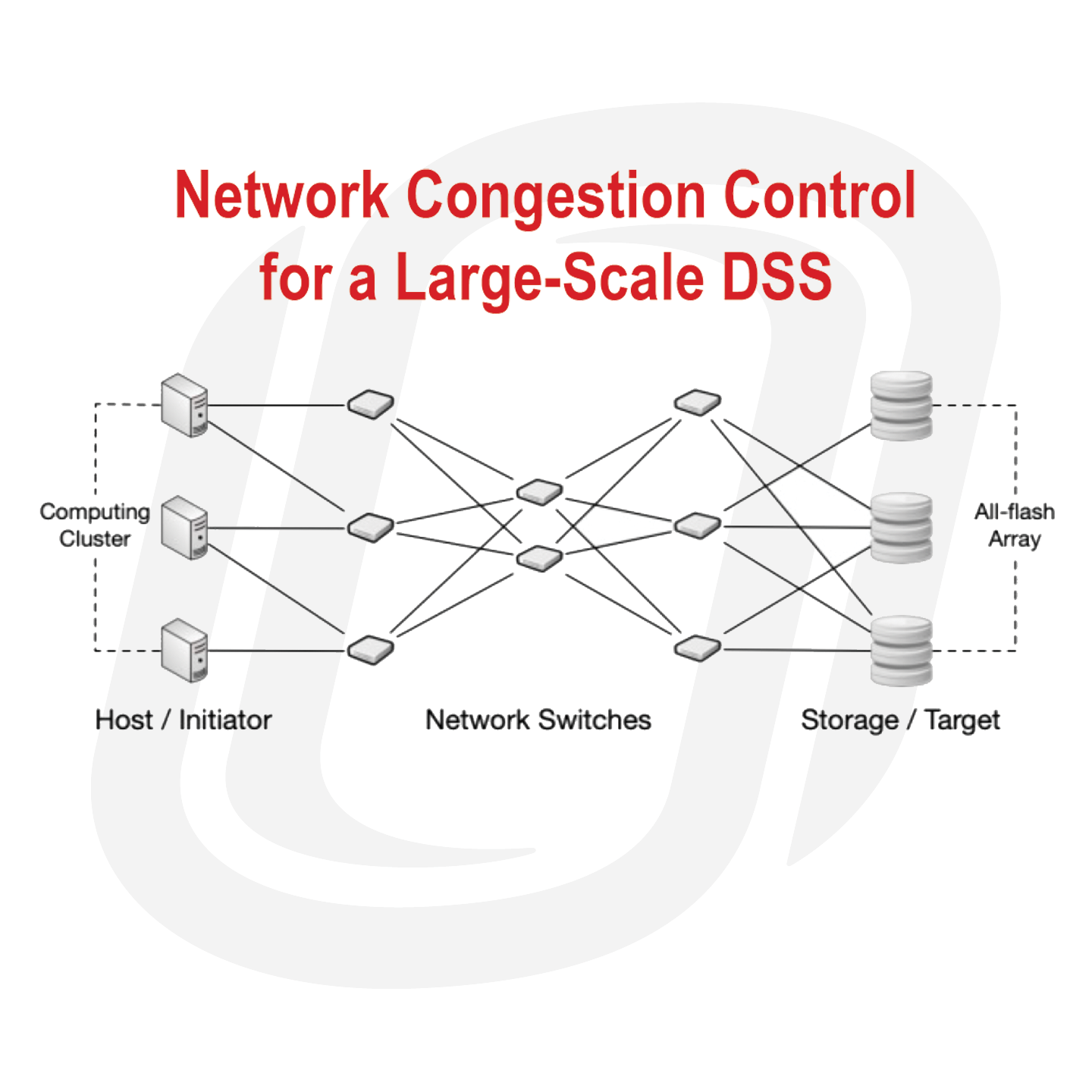
Network Congestion Control for a Large-Scale DSS
The disaggregated storage system (DSS) is a promising direction for a storage framework in a large-scale data center. It provides more flexible resource management, straightforward upgrade and maintenance, and other features that enterprise storage systems desire. The connecting network becomes critical to the...
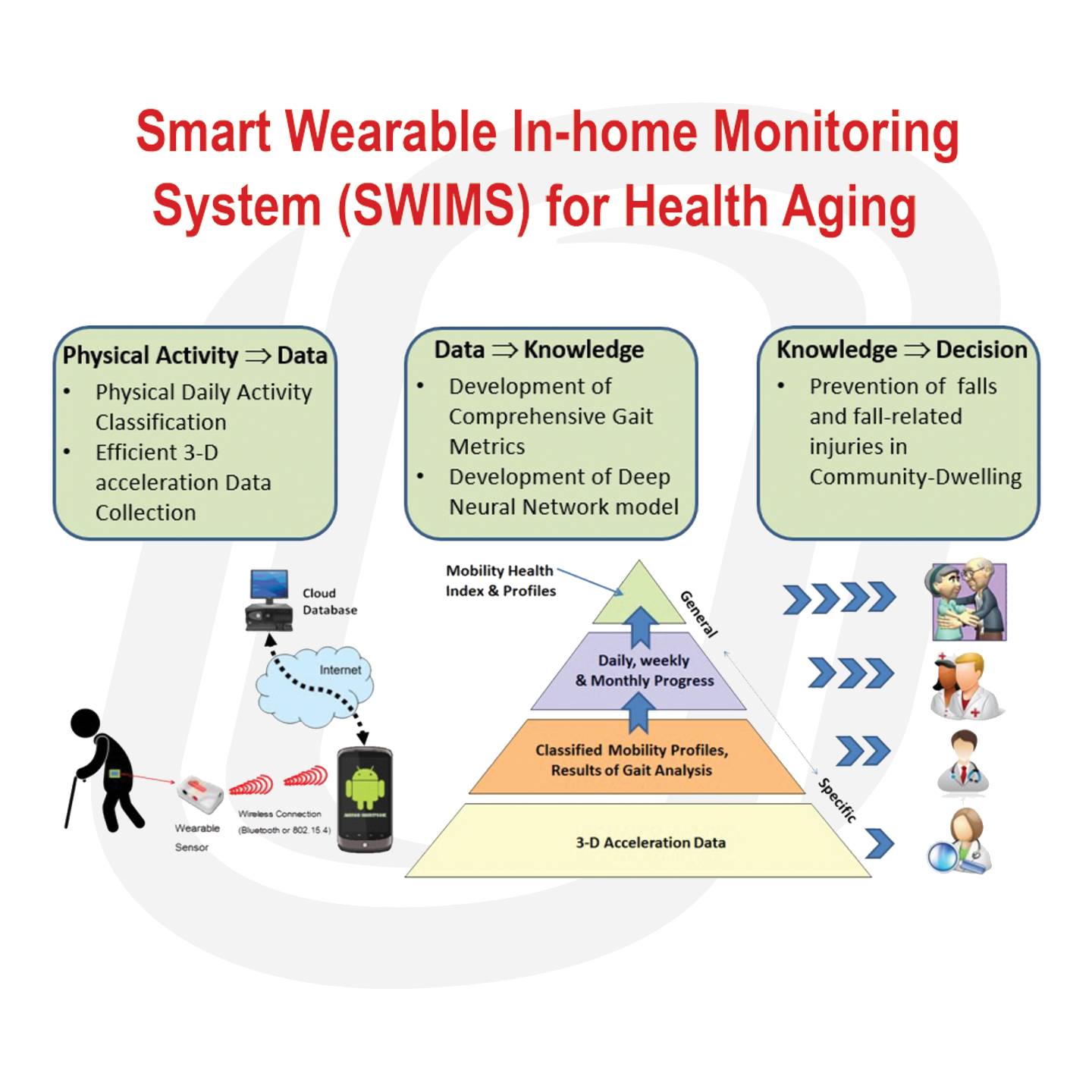
Smart Wearable In-home Monitoring System for Health Aging
Falls in the U.S. lead to 800,000 hospitalizations and 27,000 deaths yearly. The financial impact on older fallers may reach $101 billion by 2030 as the population ages. Rural older adults have been shown to be at greater risk of falls than non-rural residents, because they are often more isolated and receive...

Fairness and Bias in Data-Driven Decision-Making
Automated, data-driven decisions are increasingly used in people’s everyday lives, from credit applications to healthcare diagnoses and even judicial decisions. Unfortunately, these approaches can perpetuate existing biases captured in the considered data and discriminate against underrepresented or...
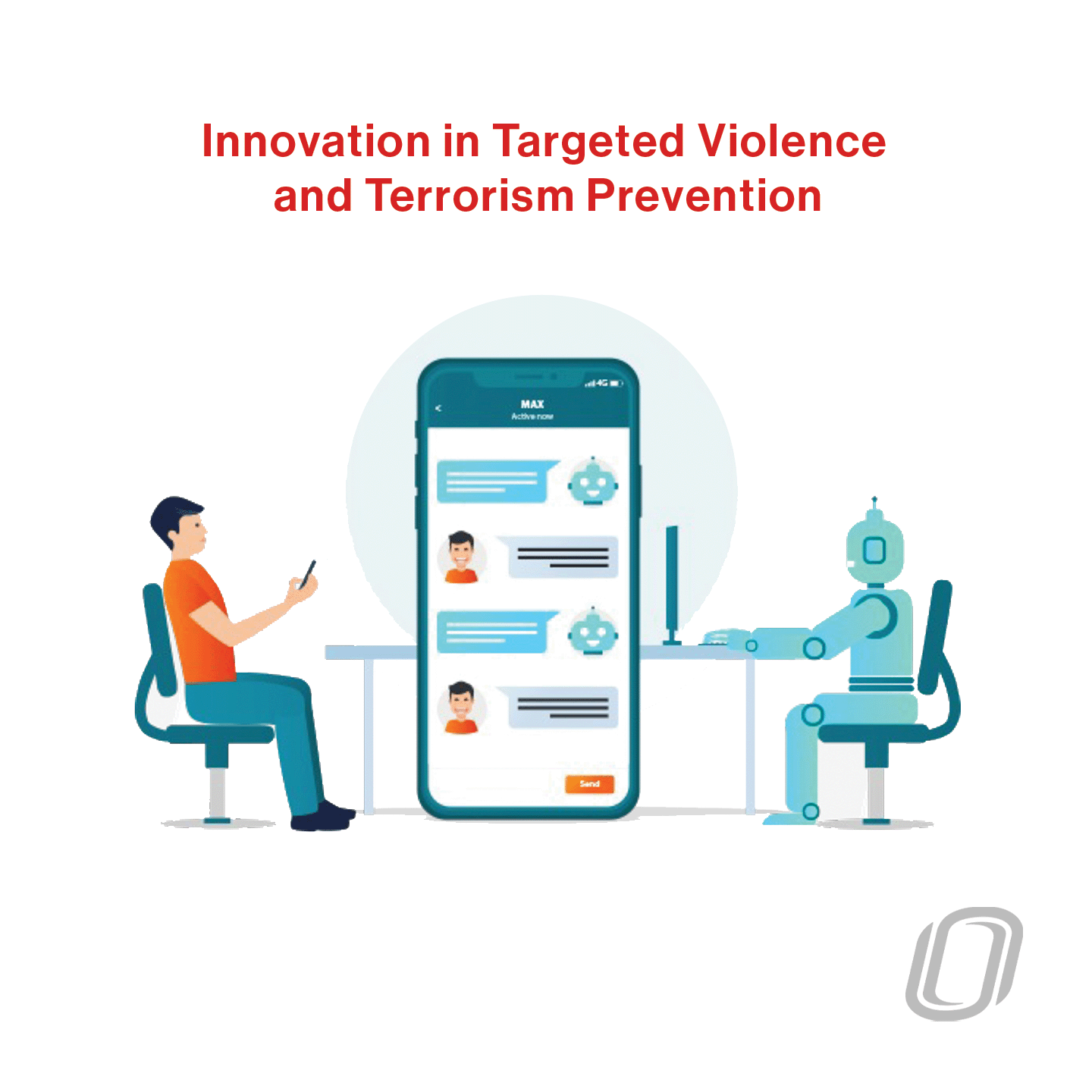
Innovation in Targeted Violence and Terrorism Prevention
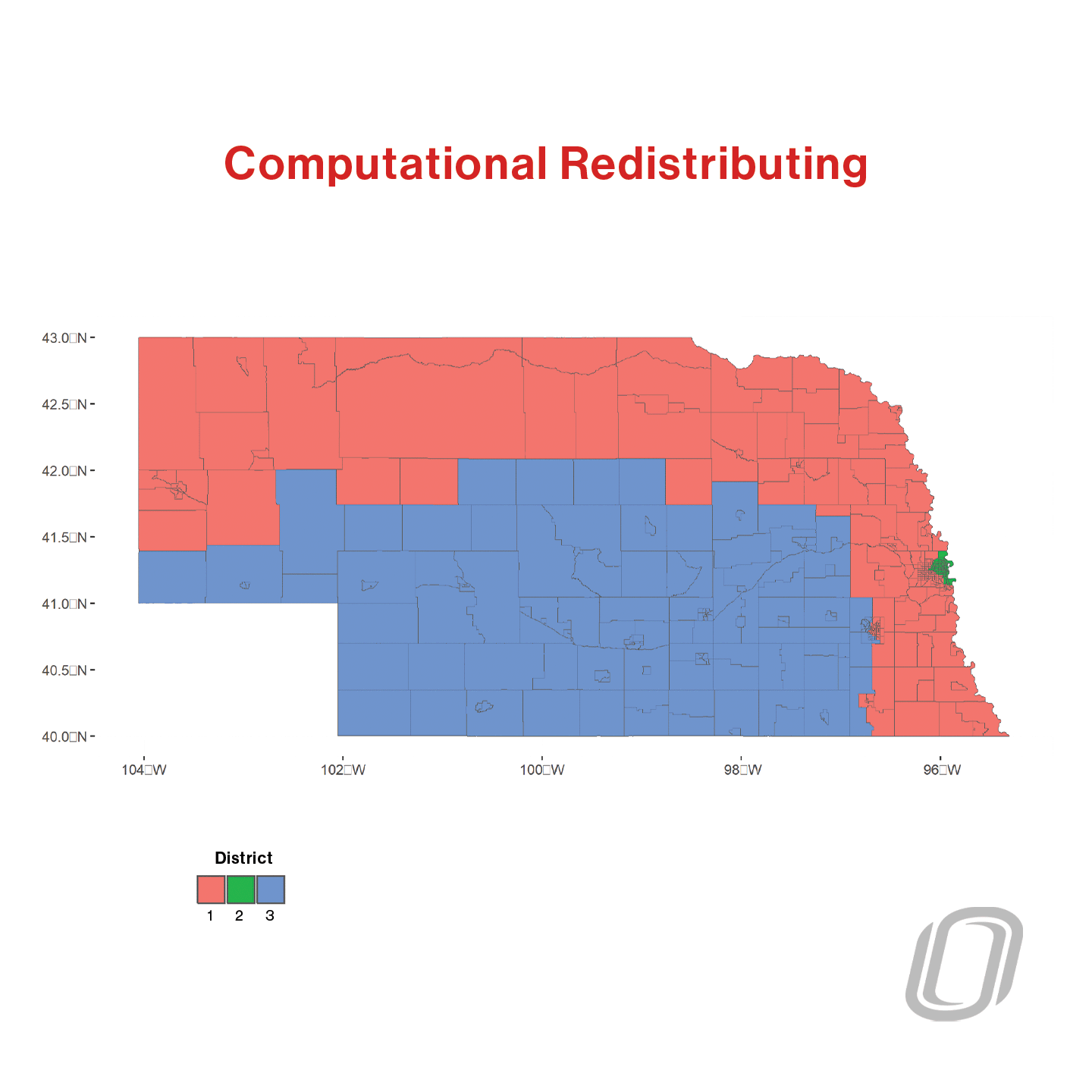
Computational Redistricting
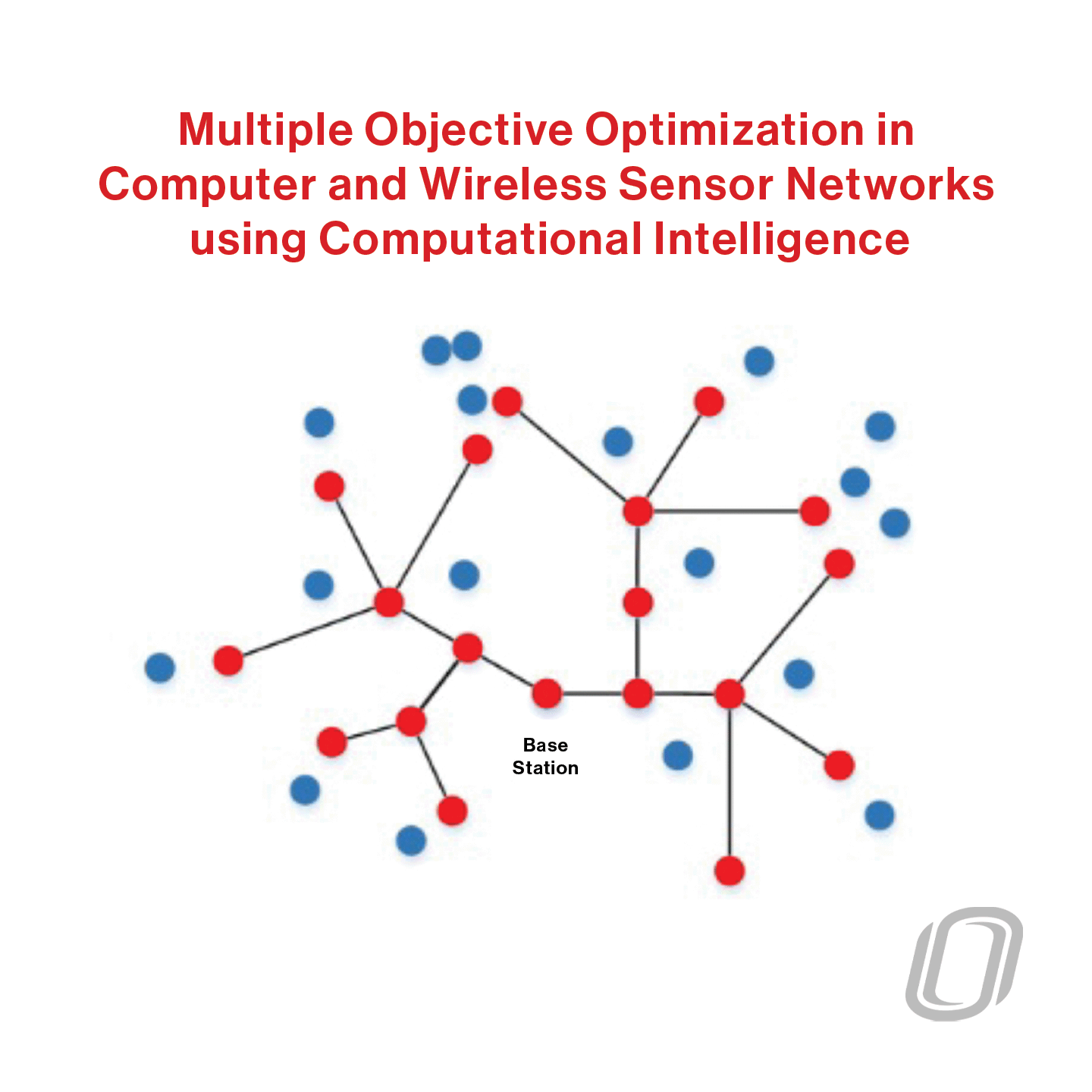
Multiple Objective Optimization in Sensor Networks
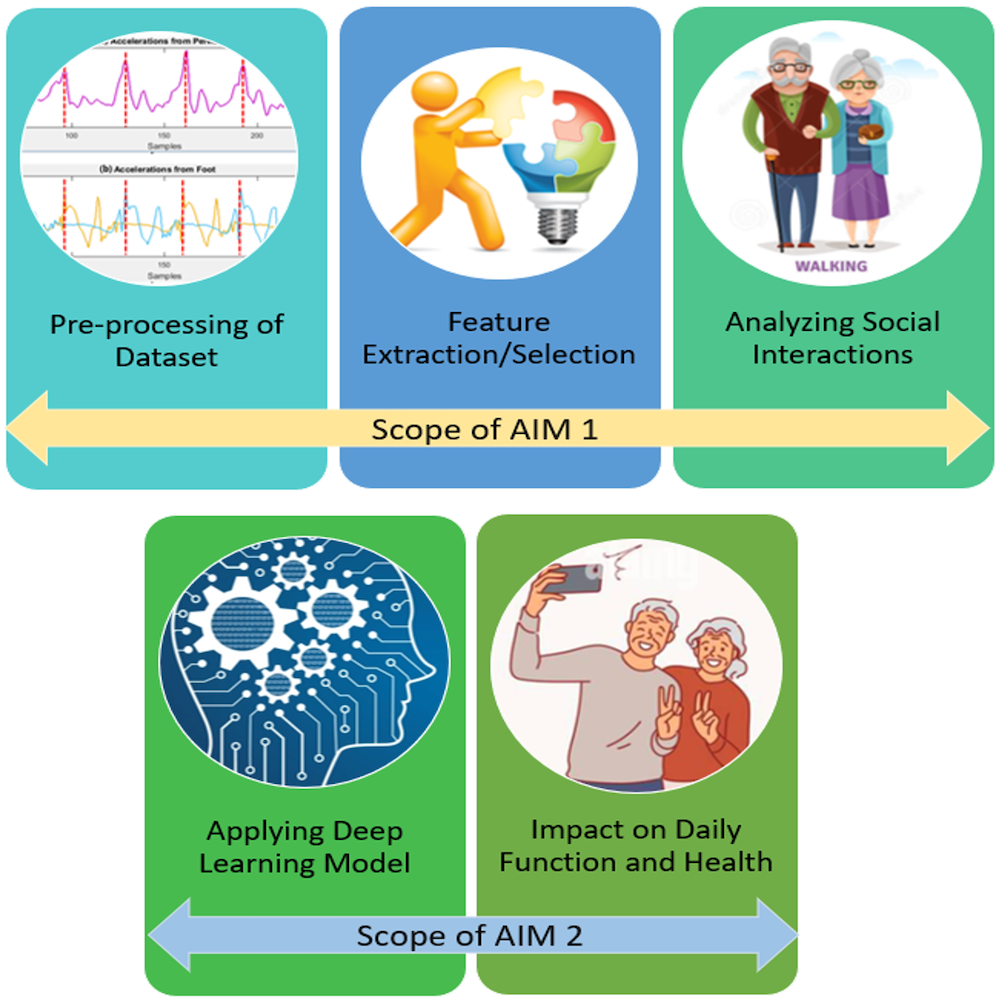
AI-driven Analyzing Social Interactions between Dementia Patients and Family Caregivers
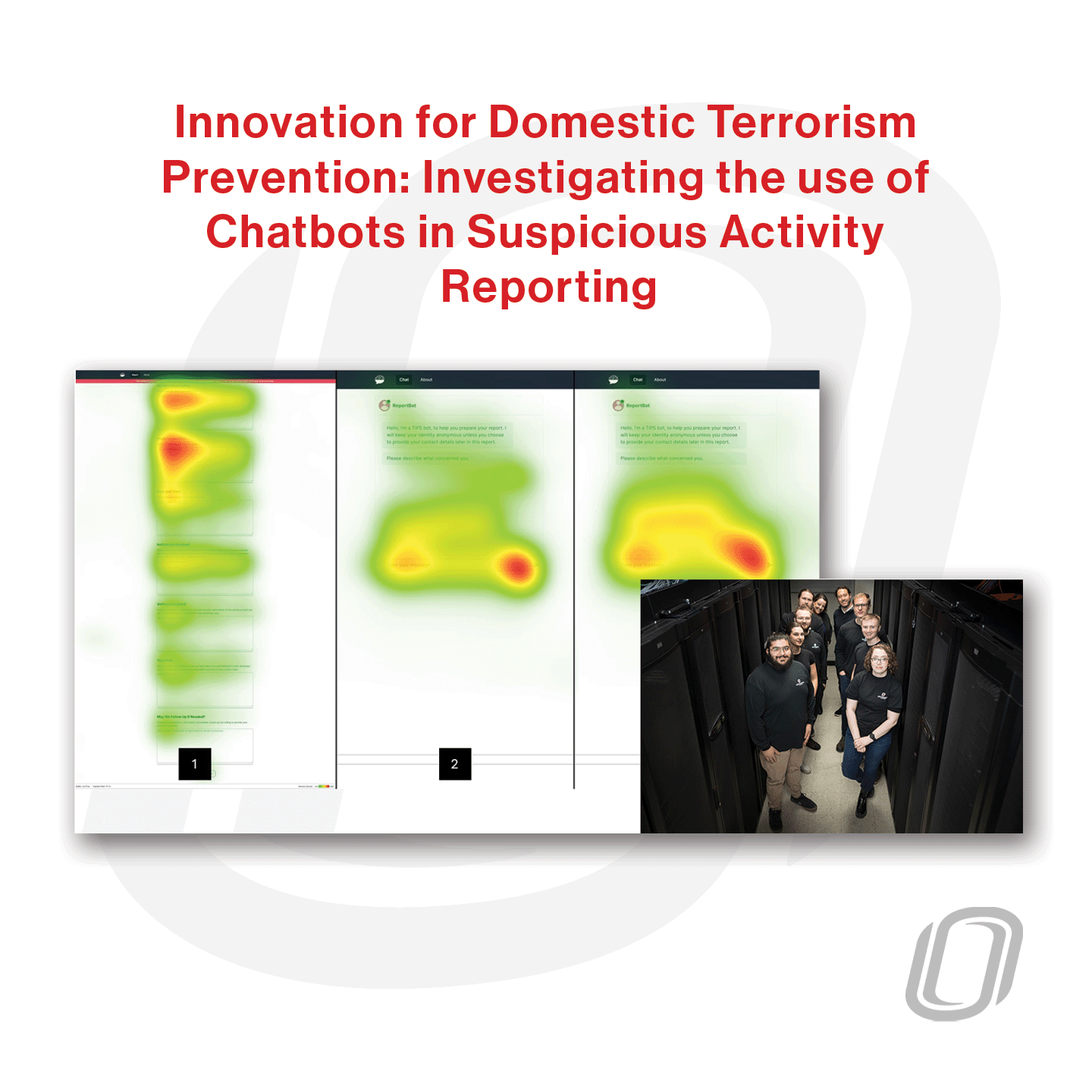
Innovation for Domestic Terrorism Prevention: Investigating the use of Chatbots in Suspicious Activity Reporting
This project identifies challenges and problems associated with suspicious activity reporting, develop and test innovative technologies to help alleviate these tensions and pain-points. Partnered with Sarpy County Sheriff’s Office & Awareity. Conducted focus groups with threat assessment teams...
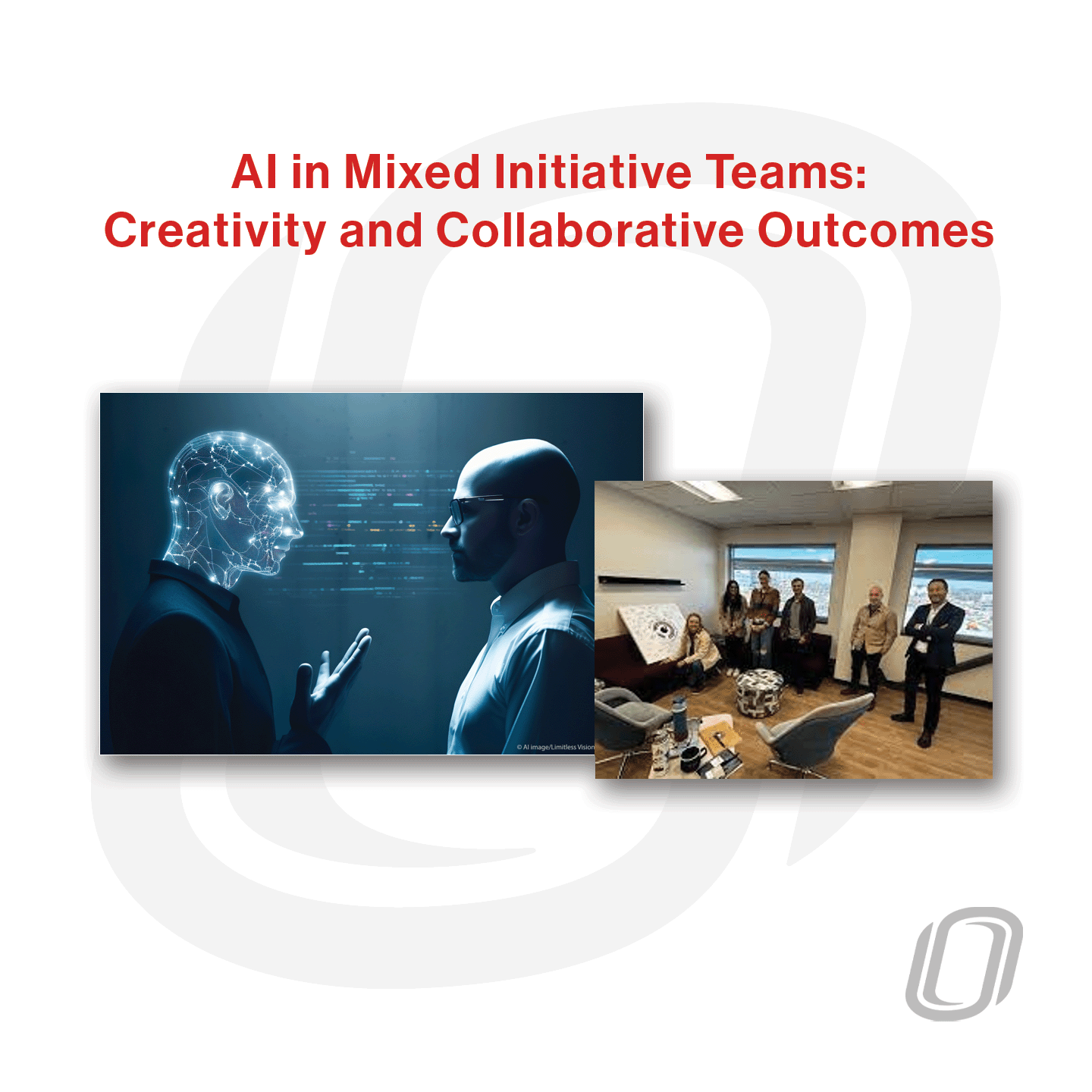
AI in Mixed Initiative Teams: Creativity and Collaborative Outcomes
This project looks to understand the role of AI as malign tool in facilitating novel attacks and advance empirical work on what aspects of technology impact trust, collaboration, and malevolent creativity.